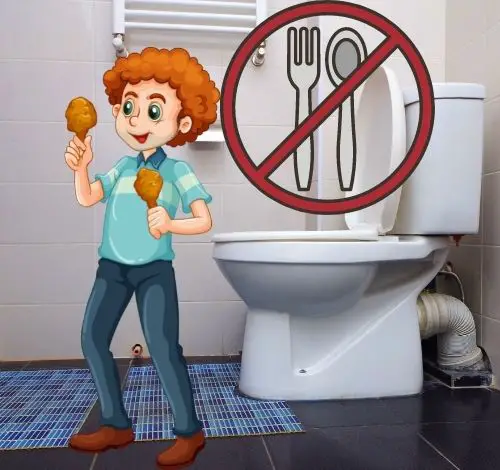Have you ever wondered why some people avoid flushing their toilets at night? You might have even heard strange rumors—like people getting in trouble for late-night flushing. Of course, that’s just a joke! No one’s going to jail for flushing at night. But truth be told, many people do find it annoying or even inconsiderate to flush late at night—especially when the toilet makes a loud noise that disturbs everyone’s sleep.
In this detailed guide, we’ll explore the etiquette, science, and social rules of toilet flushing, including why some countries restrict nighttime flushing, and how you can make your toilet quieter without sacrificing hygiene.
Toilet Etiquette: Using the Toilet Properly
Using the toilet may sound simple, but there’s an etiquette to it. Cleanliness, hygiene, and respect for others are the main principles. Below are some important guidelines for proper toilet use that everyone should follow.
1. Never Urinate on the Floor
One of the worst bathroom habits is urinating on the floor. It spreads germs, creates bad odor, and makes the environment unhygienic. This often happens with urinals or children who haven’t learned proper toilet habits yet. Parents should teach their kids how to aim and use toilets properly to maintain cleanliness and respect for others.
2. Don’t Stand or Sit on the Toilet Seat Cover
Standing or sitting on the toilet lid is not only unhygienic but also dangerous—it can break, causing injuries. In many countries, standing on the toilet seat is even prohibited in public restrooms. Always sit properly on the toilet seat, and avoid unnecessary pressure that could damage it.
Note: The idea that sitting on public toilets can make you sick is mostly a myth. Yes, toilets harbor bacteria, but you won’t get infections unless you touch contaminated areas and then touch your mouth or food without washing your hands. So, always focus on washing hands rather than fearing toilet seats.
👉 Read more: Is It Safe to Sit on a Public Toilet Seat?
3. Wash Your Hands After Every Use
This might sound obvious, but many people still skip this crucial step. Washing hands after using the toilet prevents the spread of bacteria that cause diarrhea, flu, eye infections, and skin diseases.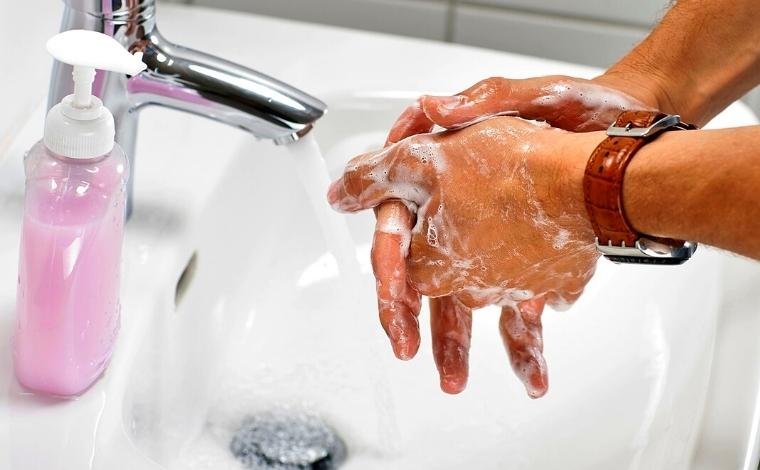
According to the Centers for Disease Control and Prevention (CDC), germs from unwashed hands can transfer to food, drinks, and surfaces—infecting others. Always wash your hands for at least 20 seconds with soap and warm water.
4. Use Toilet Paper Properly
Always ensure toilet paper is available before you sit down. Use it properly and dispose of it correctly. Never throw excessive amounts of paper into the toilet—it can clog your drain and damage the sewage system.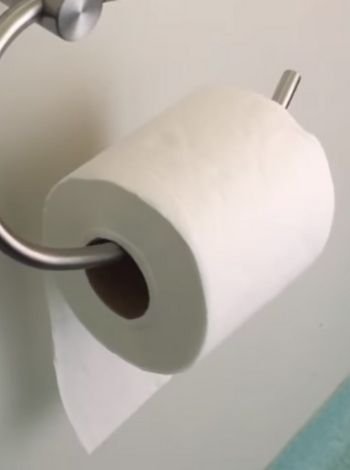
Use flushable or biodegradable toilet paper to keep your plumbing system safe. Non-disposable items like tissues, baby wipes, sanitary pads, and diapers should never be flushed. They belong in a trash bin, not in your toilet.
5. Avoid Using Phones and Gadgets in the Bathroom
Using your phone in the toilet might sound harmless, but studies show it’s extremely unhygienic. Bacteria can transfer from toilet surfaces to your device and then to your hands and face.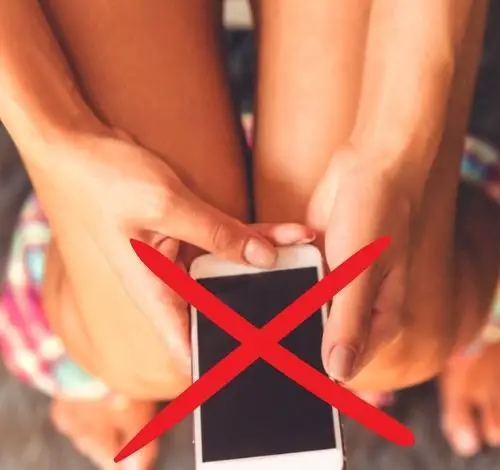
A study from Oxford University found that people who regularly use smartphones in the bathroom are more prone to bacterial contamination and even potential long-term health issues from radiation exposure. So, keep your phone outside the bathroom and focus on hygiene.
6. Be Mindful of What You Flush
The only things that should go down your toilet are pee, poo, and toilet paper. Flushing anything else—like wipes, cotton pads, dental floss, or feminine products—can clog the system and cause sewage backups.
In cities like Vancouver, these bad habits lead to expensive plumbing repairs and environmental pollution due to sewage overflow. Keep your plumbing healthy by flushing responsibly.
7. Don’t Smoke or Eat in the Toilet
Smoking in the toilet is harmful to both you and others. In public restrooms, it’s extremely unethical because the smell lingers and affects people with allergies.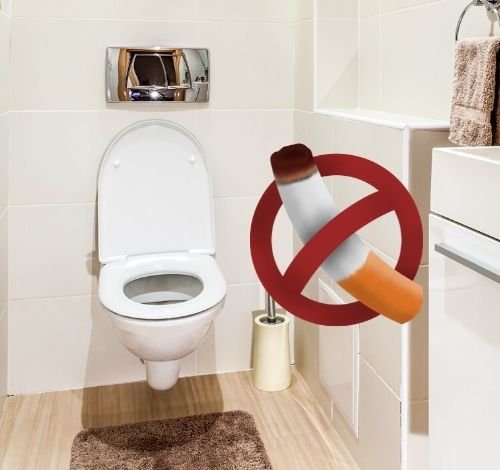
Similarly, eating in a washroom is an absolute no-go. Toilets are full of airborne bacteria that can contaminate food and cause food poisoning. Always eat in clean, ventilated spaces—not in the bathroom.
Why You Should Avoid Flushing the Toilet at Night
Now that you understand proper toilet etiquette, let’s discuss the main topic: why you should avoid flushing late at night.
While flushing is necessary for hygiene, nighttime flushing can cause disturbances and water waste. Here’s why:
1. It Disturbs Sleep
Flushing at night can create loud, echoing sounds—especially if your toilet is old or located near bedrooms. Babies, elderly family members, or light sleepers can easily wake up due to sudden flushing noise.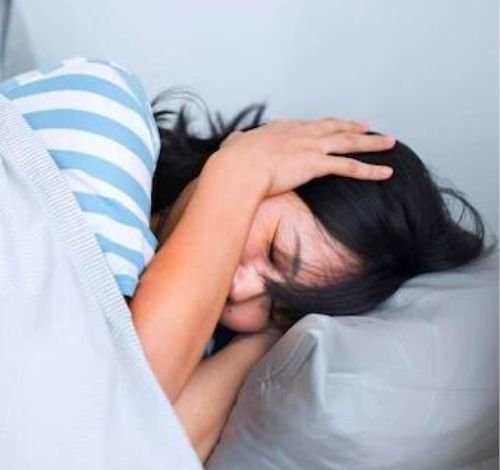
If your house has thin walls or if someone in your family is ill, avoiding loud flushing late at night is a kind and thoughtful practice.
2. It Saves Water
Did you know that avoiding flushing at night could save hundreds of gallons of water every year? Studies by water management institutions show that reducing unnecessary flushes—especially for small nighttime urination—can save over 60% of household water annually.
Toilets with dual-flush systems are even more efficient. Consider upgrading to low-flow or water-saving toilets (1.28 to 1.6 GPF) to minimize your water consumption.
3. Avoiding Ghostly Sounds
Many people experience eerie toilet sounds at night—gurgling, hissing, or even “ghost flushing.” These noises are usually caused by faulty flappers, leaking valves, or air pressure issues.
Hearing these sounds in the middle of the night can be unsettling. If your toilet has such issues, avoid flushing until morning or get it checked by a plumber.
Common Noises Your Toilet Might Make at Night
Sometimes, the noises that wake you up are signs your toilet needs maintenance. Here are the most common ones:
1. Ghost Flushing
This happens when water leaks slowly from the tank into the bowl because of a worn-out flapper. Once the float drops below a certain level, the tank refills automatically—making it seem like the toilet flushed itself.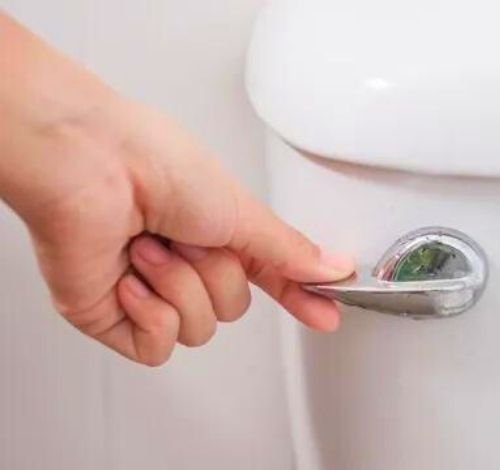
Quick fix: Add food coloring to your toilet tank. If the color appears in the bowl after a few minutes, you have a leak. Replace the flapper to solve the problem.
2. Hissing Sound
A hissing toilet often means the fill valve or ballcock isn’t closing properly, causing water to leak into the overflow tube.
Solution: Adjust or replace the fill valve. Keeping the water level below the overflow tube will stop the sound and save water.
3. Gurgling Sound
A gurgling sound usually indicates a partial blockage in your vent pipe or main sewer line. It’s best to call a plumber, as this type of clog can worsen and cause backups.
4. Water Hammer
This loud banging sound occurs when water flow suddenly stops in the pipes, creating a shockwave.
Fix: Adjust the shut-off valve to reduce water pressure or install a pressure-regulating fill valve to eliminate the hammering.
👉 Read more: How to Stop Toilet from Making Noise When Not in Use
How to Flush Quietly at Night
If you must flush at night, there are a few tricks to keep the noise down:
- Use a bucket flush: Fill a bucket with water, open the toilet lid, and pour it quickly into the bowl. The force will remove waste quietly.
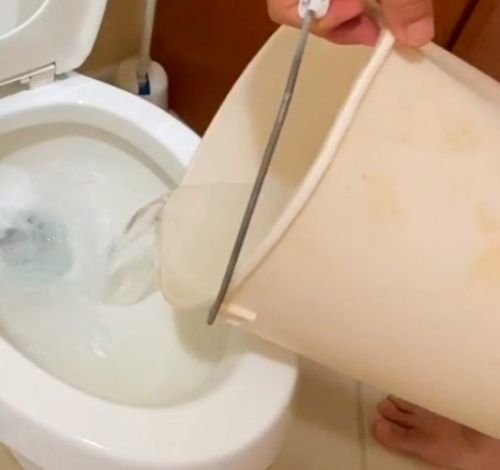
- Use a handheld bidet or hose: Rinse the bowl manually with a water jet instead of using the flush handle.
- Clean the rim and trapway regularly: A clean toilet reduces noise because water flows smoothly.
- Upgrade to a quiet-flush toilet: Modern toilets with pressure-assist or noise-reduction technology are designed for silent performance.
👉 You may also like: [Top Quiet-Flush Toilets for Apartments and Homes]
What Happens If You Don’t Flush Regularly?
Skipping flushing might seem harmless, but it has some unpleasant effects:
- Bacteria and mold growth: Unflushed urine and waste breed harmful bacteria that can spread through the air.
- Bad odor: Ammonia buildup creates strong smells that irritate asthma or allergy patients.
- Clog formation: Without proper flushing, waste hardens and causes clogs and skid marks inside the bowl.
- Unpleasant experience: No one likes to walk into a bathroom and see unflushed waste—it’s unhygienic and embarrassing.
Interesting Toilet Facts Around the World
Toilets aren’t just about hygiene—they reflect culture too! Here are some fascinating facts about toilet etiquette and laws worldwide.
1. Loud Toilet Flush = Noise Pollution
In several European countries, a loud toilet flush is considered noise pollution and can even violate human rights if it disturbs others’ rest. So, maintaining quiet nighttime hygiene is a matter of courtesy—and sometimes law!
2. Switzerland’s 10 PM Flushing Rule
In parts of Switzerland, flushing the toilet after 10 PM in apartment buildings is discouraged or even restricted to maintain nighttime peace. While it’s not a criminal offense, it’s considered impolite and can lead to complaints.
3. No Toilet Paper Flushing in Some Countries
When visiting countries like Turkey, Greece, Macedonia, Beijing, or Egypt, you’ll find signs asking not to flush toilet paper. Instead, dispose of it in the waste bin provided. Their plumbing systems aren’t built to handle paper, and flushing it can cause blockages.
4. Toilet Exercises in Thailand and Taiwan
In some Asian countries, especially Thailand and Taiwan, people perform light stretching before using traditional squat toilets. It helps improve digestion and makes bowel movement easier—a fascinating cultural ritual!
Final Verdict: To Flush or Not to Flush?
So, is flushing the toilet at night illegal? Of course not! But in some communities, it’s discouraged out of courtesy and practicality.
If your toilet makes a loud noise, you might consider quiet-flushing techniques or upgrading to a silent toilet system. Avoiding unnecessary nighttime flushes can also help conserve water and maintain peace at home.
The key takeaway is simple:
✅ Flush responsibly.
✅ Keep your toilet clean and quiet.
✅ Be considerate of others’ comfort and rest.
Because a little mindfulness in the bathroom can make everyone’s night a little more peaceful.
Hi, this is Robert Crossan, the owner of this website, has 17 years of experience in the installation, maintenance, and repair of toilets and plumbing systems. After completing the Level 2 Basic Plumbing course in 2005, I started working in both domestic and commercial buildings as a professional plumber. So I can figure out the core difference between different toilet models and brands. It also helped me monitor their work performance and setbacks.
